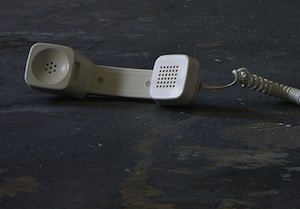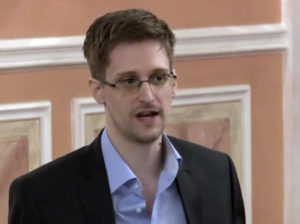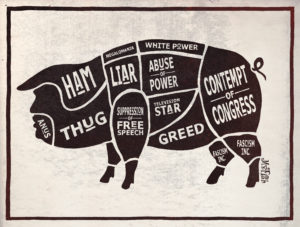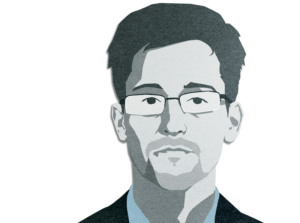NSA Monitored Calls of 35 World Leaders
Documents provided by whistle-blower Edward Snowden show the NSA monitored phone calls by 35 world leaders after getting the numbers from an official in another department of government.
Documents provided by whistle-blower Edward Snowden show the NSA monitored phone calls by 35 world leaders after getting the numbers from an official in another department of government.
The memo, dated October 2006, demonstrates that the NSA encourages senior officials in other government offices, such as the White House and Pentagon, to open up their “Rolodexes” to the agency so it can add the phone numbers of leading politicians to its surveillance systems. More than 200 numbers were collected from government officials.
The memo acknowledged that these surveillance measures produced “little intelligence.”
— Posted by Alexander Reed Kelly.
Your support matters…The Guardian:
The document notes that one unnamed US official handed over 200 numbers, including those of the 35 world leaders, none of whom is named. These were immediately “tasked” for monitoring by the NSA.
The revelation is set to add to mounting diplomatic tensions between the US and its allies, after the German chancellor Angela Merkel on Wednesday accused the US of tapping her mobile phone.
After Merkel’s allegations became public, White House press secretary Jay Carney issued a statement that said the US “is not monitoring and will not monitor” the German chancellor’s communications. But that failed to quell the row, as officials in Berlin quickly pointed out that the US did not deny monitoring the phone in the past.
The NSA memo obtained by the Guardian suggests that such surveillance was not isolated, as the agency routinely monitors the phone numbers of world leaders – and even asks for the assistance of other US officials to do so.
Independent journalism is under threat and overshadowed by heavily funded mainstream media.
You can help level the playing field. Become a member.
Your tax-deductible contribution keeps us digging beneath the headlines to give you thought-provoking, investigative reporting and analysis that unearths what's really happening- without compromise.
Give today to support our courageous, independent journalists.






You need to be a supporter to comment.
There are currently no responses to this article.
Be the first to respond.